Leroy Hoard did not want to watch the TV, listen to the radio or even think about who might be on the other end of a phone call that would change the rest of his life.
Hoard, a running back from Michigan awaiting his call in the 1990 draft, was not going to let the uncertainty of the draft put him in a gloomy mood. He knew he'd get a call at some point, and he didn't care whether it came in the first round, second round or the last round.
He just wanted to play in the NFL.
"As far as sitting around and waiting to get drafted, no. Not me. I wasn't doing it," Hoard said in a recent Club 46 interview with Jay Crawford. "I'm not going to make myself miserable. I can't do anything about it now."
Hoard's call came in the second round at pick No. 45. The Cleveland Browns had selected him, and that was all he needed as motivation to cement himself as one of the best running backs in franchise history.
Hoard's numbers, however, are unique compared to other top running backs. He played six seasons with the Browns from 1990-95 and recorded 2,203 rushing yards, 10 rushing touchdowns and was a Pro Bowler in 1994, but his best production arguably came as a receiver.
By the end of his Browns tenure, Hoard accrued 177 receptions for 1,849 yards and 14 touchdowns. He was one of the most reliable check-down targets for quarterback Bernie Kosar, who ignited Hoard's pass-catching abilities after realizing that Hoard didn't need to spend so much time blocking for him on every pass play.
"I ain't running," Kosar told Hoard after one particular play early in his career when he tussled with a defender for the entirety of the play. "If you got to block for me that long, let him go."
The Cleveland Browns Presents: Club 46 - player stories through generations of football
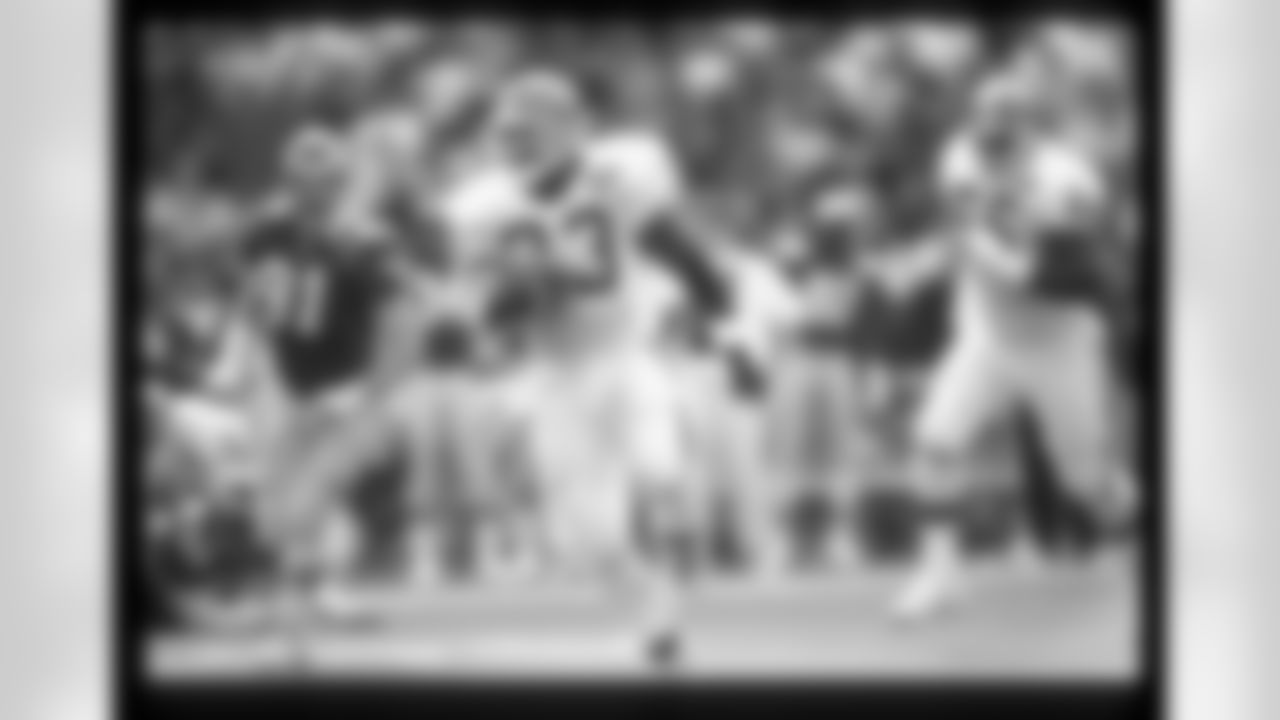
Leroy Hoard

Leroy Hoard
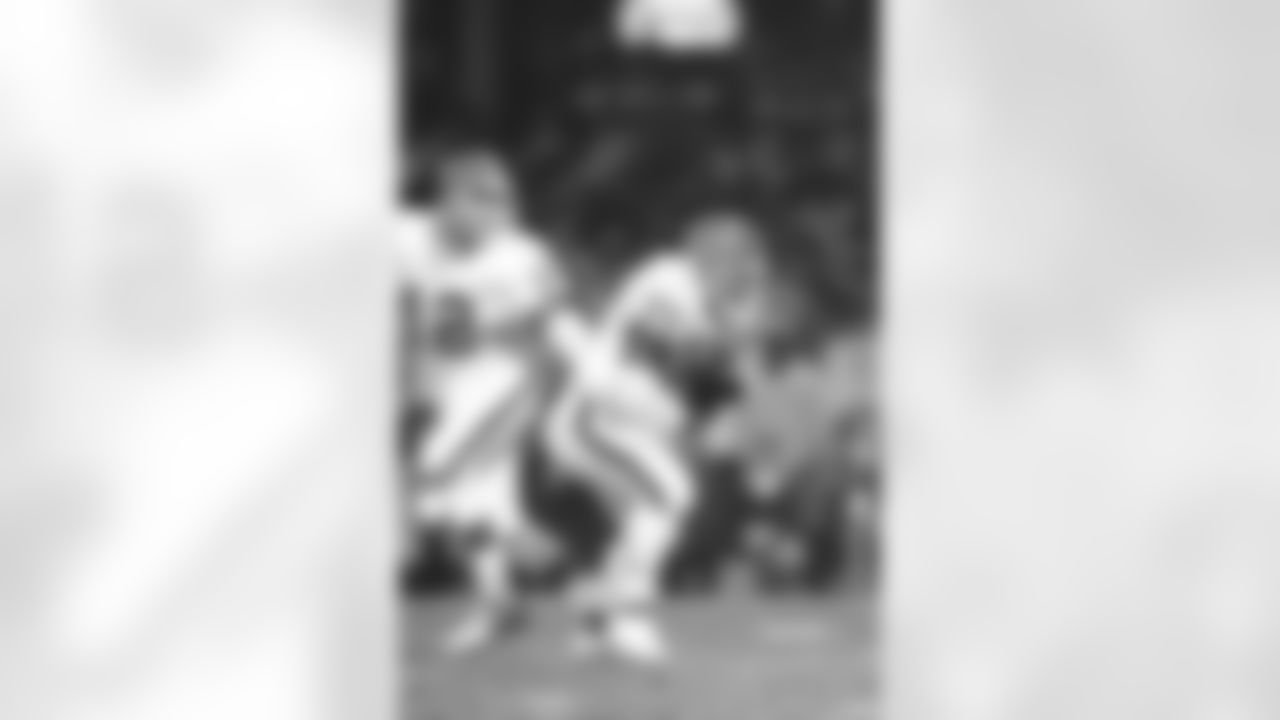
Leroy Hoard

Leroy Hoard

Leroy Hoard

Leroy Hoard
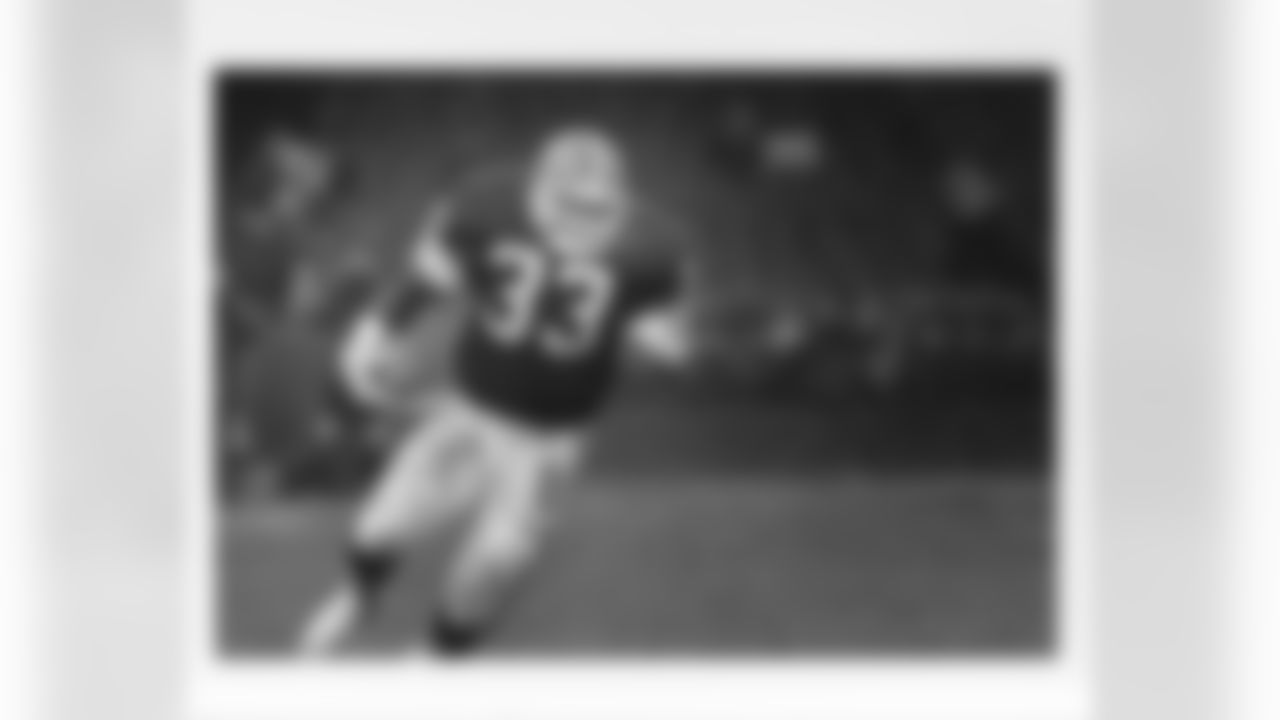
Leroy Hoard
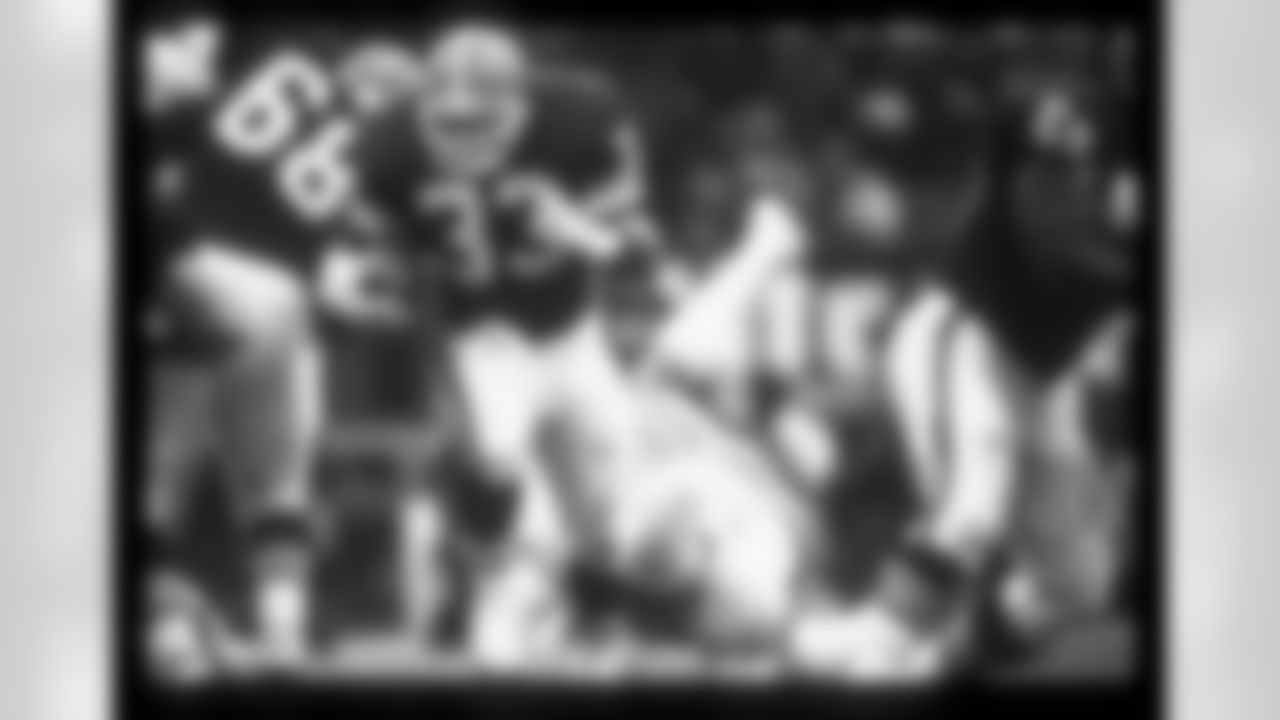
Leroy Hoard
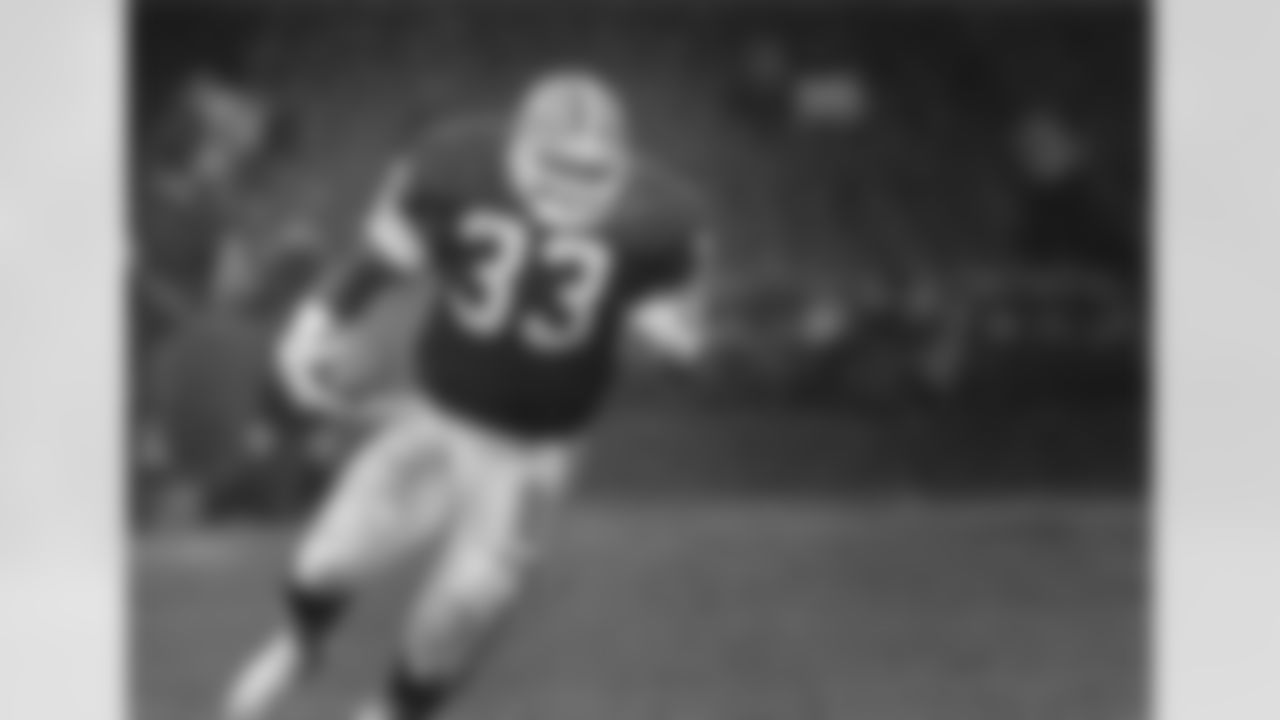
Leroy Hoard

Leroy Hoard

Leroy Hoard
So Hoard began counting down the seconds every time he made a block for his quarterback. Once he got to two or three seconds and the moment felt right, he let go of the defenders and turned around.
That was the start of one of the best quarterback-running back duos in franchise history.
"I caught so many passes that everybody thought these plays were, 'Oh, man, Bernie and Leroy,'" Hoard said. "And all I remember is that thing that he told me: 'Hey, don't block for me for five seconds. I'm not running.'"
Hoard had always devoted everything possible to carve a big role in the NFL. In his first training camp, he didn't quite realize how much work rookies needed to be put in until he took a handoff and ran through the line of scrimmage for the first time.
Each defender in his way seemed 20 or 30 pounds heavier. He couldn't simply pick out any open hole and run through it. He needed to study the movements of everyone at the defensive line and display patience as he waited for a bigger hole to open up. Otherwise, he'd run directly into several outstretched arms in position to bring him down.
"Right before you get past them, they do that lunge, and reach out with the arm," Hoard said. "So I learned how to read defense, be a little more patient inside and try to use my skill that way. Instead of trying to use speed, I used burst. It worked."
Once Hoard found his footing and technique, he began to grow as a reliable running back. He scored three touchdowns in his first year and ended the season with 149 yards on 58 carries. His rushing totals steadily improved after every season, but in 1991, Hoard discovered how potent he can be as a pass catcher, too.
That was when he made 48 receptions for 567 yards and nine touchdowns, which all stood as career highs.
Hoard developed instincts on when to stop blocking and make the most out of dump-off throws, and defenses were befuddled.
"Everybody thought it was like, 'Man, they're really getting him into the offense,'" Hoard said. "No they weren't. They were broken plays. For the most part, that's how they started."
Both Hoard's rushing and receiving abilities were crucial in the Browns' playoff run in 1994, which ended in the divisional round, but solidified Hoard as one of the Browns' all-time top rushers. He ran for 890 yards and five touchdowns while adding another 445 yards and four touchdowns through the air.
For Hoard, the play development didn't matter. When the ball was in his hands, he was determined to make the most of it, and that's how he fulfilled his role in the offense each season.
"If you want some, you have to get some," Hoard said." So I fought, clawed and scratched. My whole thought was this: 'If you get me on the field, I'm going to do something.'"
That was the mindset he had as soon as he found out he was coming to Cleveland, and the end result was a triumphant career.













